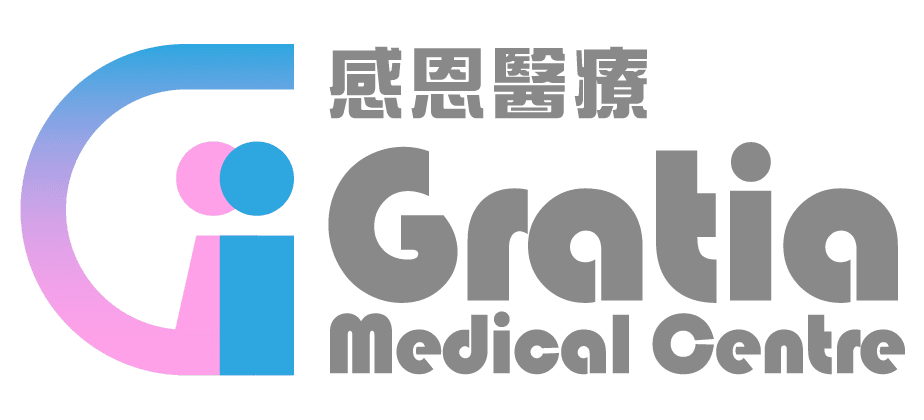Egg Freezing
Egg Freezing
A woman’s chance of conceiving naturally falls as she gets older because the quality and number of her eggs drop. A woman who wishes to delay childbearing, whether voluntarily or involuntarily, can consider egg freezing when she is young and the eggs are of higher quality, so she can try to have a family at a later date. [Click here to know more our latest package]
Who may want to consider Egg Freezing?
![]() Cancer patients whose treatment will destroy the ovaries;
Cancer patients whose treatment will destroy the ovaries;
![]()
![]()
![]()
![]()
![]()
![]()
![]()
![]()
![]()
![]()
![]()
![]()
![]()
![]()
When Should a Women Freeze Her Eggs?
The stored eggs may not bring about a pregnancy. The age at which the woman freezes her eggs is key to your chance of eventually having a baby. Doctors say the best time is before 35 years of age, as the quality of her eggs declines after 35. If the woman decides to freeze her eggs in her late 30s, her fertility and ovarian reserve are already in decline. she may have less eggs collected in any cycle and her chance of these eggs leading to a successful pregnancy is lower. She may therefore need more than one cycle of treatment to collect the preferred number of eggs for storage so as to increase her chance of having a child or children from the stored eggs in the future.
What Does Egg Freezing Involve?
![]()
![]()
![]()
![]()
![]()
![]()
![]()
![]()
![]()
![]()
![]()
![]()
![]()
![]()
![]()
![]()
![]()
![]()
![]()
![]()
![]()
The treatment cycle starts on the 2nd or 3rd day of a woman’s period. An internal (vaginal) scan will be performed at this visit to make sure that there is no cyst in the ovaries. Blood may be taken to check hormone levels especially if this is the first treatment cycle.
If all are well, the woman will be given hormone injections to stimulate her ovaries so that multiple follicles (each containing an egg) will develop. She will be taught how to give the injections by herself, or she can arrange injections to be done at the clinic. The hormone injections are to be done every day for around 8 to 10 days, depending on how fast the follicles grow. During this period, she will be asked to attend the clinic 2 to 4 times to check the growth of the follicles by ultrasound scans. Blood may be taken to check hormone levels if necessary. Another injection drug, known as an antagonist, will be added in the latter part of the stimulation period to prevent the body from releasing the developing eggs too soon. When the largest follicle is ≥ 18 mm in size, it implies that the egg(s) is/are ready, and she will be asked to give an ovulation trigger injection to help the eggs mature. Blood will usually be taken to check hormone levels on this day.
This protocol is the most suitable one for the majority. However, some patients such as cancer patients may need adjustments according to their individual condition. The doctor will help the woman decide on the most appropriate protocol.
The eggs will be collected from the ovaries about 34-36 hours after the ovulation trigger injection. This is performed in Hong Kong Assisted Reproduction Centre (an IVF centre) with the help of an ultrasound scanner. An ultrasound probe is inserted into the vagina to identify the follicles. A thin needle is then inserted into an ultrasound guide to go through the vagina and into the follicles to retrieve the eggs. The eggs are removed from the follicles through a needle connected to a suction device.
The woman can choose to have either local anaesthesia (LA) or monitored anaesthetic care (MAC) for the egg collection procedure. If the woman chooses to have LA, she will be awake during the entire procedure. A local anaesthetic drug will be injected inside the vagina to reduce the pain level during the egg collection. Alternatively, MAC can be given by an anaesthetist who will be giving her anaesthetic drugs via a drip placed at the back of her hand, and she will be sleeping through.(Click to learn more)
The whole procedure will usually take around 30-45 minutes. After the egg collection, the woman should rest in the IVF centre, and her condition including blood pressure and pulse will be monitored. If everything goes well, she can go home 2 hours after the procedure, accompanied by an adult. she will need a day off on the day of the egg collection, but can return to work the next day.
At this point, instead of mixing the eggs with sperms as in IVF treatment, a cryoprotectant (freezing solution) will be added to protect the eggs. The eggs will then be frozen by vitrification (rapid freezing) and stored in tanks of liquid nitrogen.
When the woman is ready to have a baby, the eggs are thawed and used in in-vitro fertilization and embryo transfer (IVF) treatment. The thawed eggs must be fertilized using a technique called intracytoplasmic sperm injection (ICSI) whereby a single sperm is injected into an egg to assist fertilization, as the freezing process makes the outer coating around the eggs tougher and sperms may be unable to penetrate it naturally under IVF. The resulting embryo(s) will be transferred to the woman’s womb. The aim is that the embryo(s) will develop into a baby / babies.
In Hong Kong, when the woman wishes to use her stored eggs for IVF treatment, she must be legally married and infertile.
Currently if the woman is storing eggs for social reasons, they can only remain in storage for up to a maximum of 10 years. Women in certain circumstances such as cancer patients can store their eggs for 10 years or up to when they are 55 years old, whichever is later.
In general, the treatment procedures are mostly very safe and the complication rate is low. Some women do experience side effects from their fertility drugs but these are usually mild. The possible risks include: Ovarian hyperstimulation syndrome (OHSS), ovarian torsion.
Use of an aspiration needle to collect eggs could possibly cause pelvic infection, bleeding, or damage to the bowel, bladder or a blood vessel. These damages are rare because the process is done under guidance with an ultrasound scanner. Risks are also associated with anaesthesia.
Although some early studies suggested a possible link between certain medications used to stimulate egg growth and the development of a specific type of ovarian cancer, more recent studies do not support these findings. There does not appear to be a significantly increased risk of breast, endometrial or cervical cancer after using ovarian stimulation drugs.
Based on current available data, the risk of having babies with birth defects in women who conceived with frozen eggs is the same as those who conceived with fresh eggs. However, the number of babies born from frozen eggs worldwide is small, so these studies are still limited in scope, and further follow-up studies are needed to address this issue.
![]()
![]()
Any questions About Our Clinic?
Don't Hesitate to Contact Us
Contact number
(852) 2117 3033
gratia@hk-gmc.com
Opening Hours
MON - FRI :
0900-1800
(Lunch hour 1400-1500)
SAT :
0930-1330
Closed on Sundays & Public Holidays

